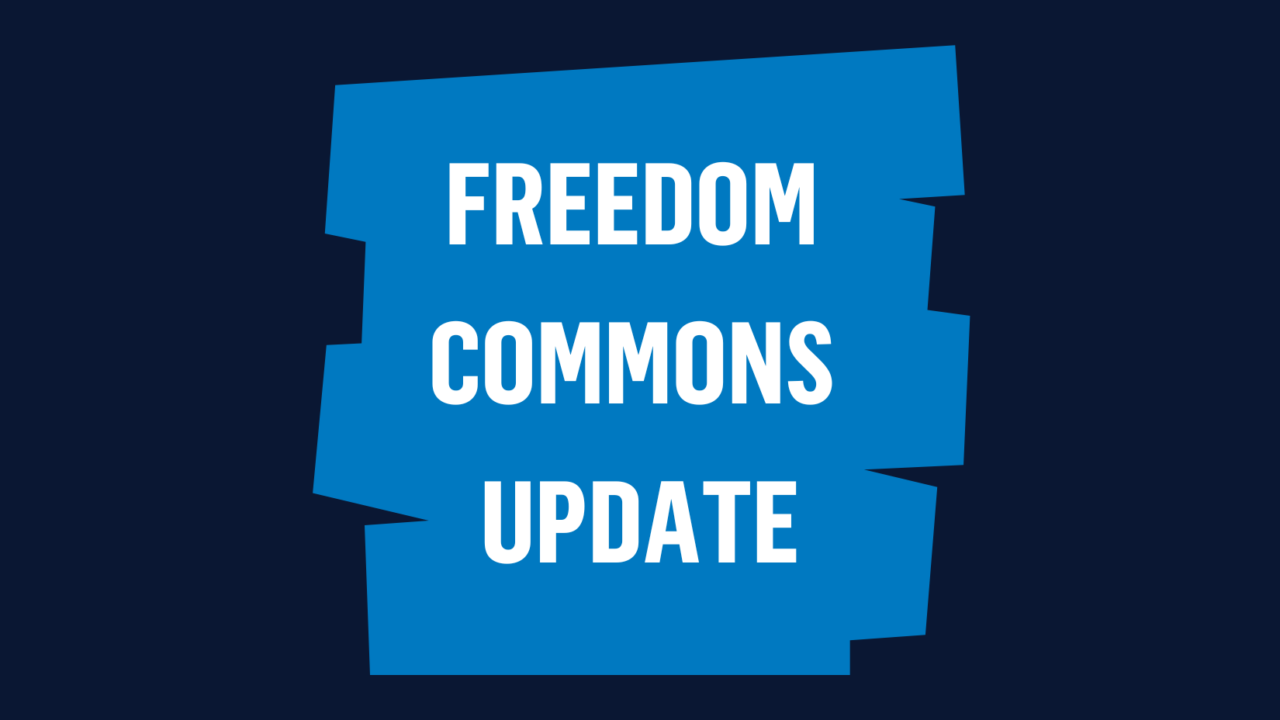Holly's News From Washington: Fighting Slavery Where It Occurs

April 2016
The Heritage Foundation, a Washington DC-based “think tank,” recently released a paper that criticizes the End Modern Slavery Initiative (EMSI), Senate legislation that would create a public-private foundation to combat the crime globally. One of Heritage’s criticisms was that the future EMSI Foundation would fund governments with very poor anti-trafficking records, such as those ranked Tier 2 Watch or Tier 3. The tier rankings are made by the State Department Office to Monitor and Combat Trafficking in Persons. Tier 2 Watch and Tier 3 countries are those that fail to meet minimum standards in combatting trafficking and slavery.
IJM has a different perspective. All of the countries where our anti-trafficking offices are located have problems with trafficking and slavery. That’s why IJM is there: to partner with local police and courts to develop the capacity to rescue slaves, apprehend perpetrators and protect whole communities by deterring the crime and reducing its prevalence.
We’ve seen this approach actually work: Cambodia and the Philippines, both of which a decade ago were real failures when it came to protecting children from sex trafficking and prosecuting and punishing perpetrators, are transformed countries today. If IJM had taken the Heritage Foundation’s advice, we would have never opened offices in the Philippines and Cambodia, both of which have been on the Tier 2 Watch list. In 2003 and 2005, the State Department Trafficking Office placed Cambodia on Tier 3: a solid failure.
But IJM went where the problem of slavery occurs: in countries with poorly trained and underfunded criminal justice systems.
Those are precisely the countries where labor and sex slavery provides traffickers with high profits and no risk. But we’ve found that even very poor countries with fragile justice institutions can change that calculation dramatically, increasing the risk to slavers and eroding their profits. Both Cambodia and the Philippines have made significant investment in quality law enforcement and have jailed hundreds of traffickers and slave owners. As a consequence, the prevalence of children in the commercial sex industry has been reduced dramatically.
I hope the foundation created by the End Modern Slavery Initiative takes this approach. Interestingly, the Heritage Foundation in a previous publication appeared to agree with us. Its February 26, 2015 report, “Combatting Human Trafficking in Asia Requires US Leadership” endorsed IJM’s approach in Southeast Asia and called for more U.S. investment and leadership to combat slavery:
"Engaging more closely with Asian countries on human trafficking problems will strengthen U.S. economic and humanitarian involvement in the region and bolster democratic systems of governance by promoting individual liberty and human rights.”
The End Modern Slavery Initiative does not prohibit operations in any specific countries, and we don’t think it should. The bill does have a strategic focus, however, which is to prioritize the rescue of victims and the apprehension and punishment of slavers and traffickers. That is a strategy that IJM and the Heritage Foundation agree on. Now we need the Senate to pass the End Modern Slavery Initiative to make it a reality.